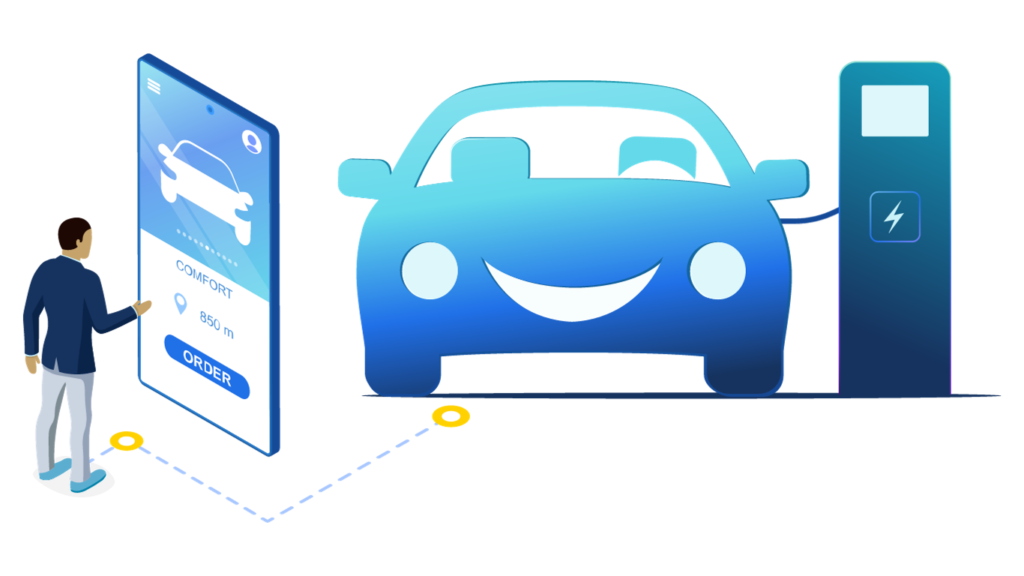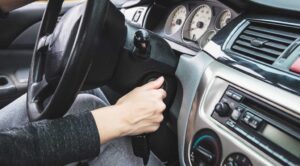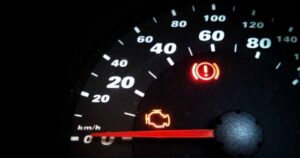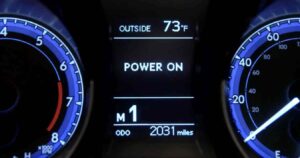Can My Car Be Repossessed If I Make Partial Payments? The safety of your car from repossession is not determined by the percentage of payments made or the remaining amount owed. To prevent repossession, you must fulfill all the required payments. Making partial payments does not guarantee the prevention of vehicle repossession.
If you stay caught up on a payment, your vehicle may be repossessed by the lender. While many lenders make an effort to assist their customers by sending letters or making calls to arrange a plan for catching up on car payments, it’s important not to presume that your car won’t be repossessed if you only make a partial payment or miss one installment.
Purchasing a car can be an expensive investment, and many individuals may need help to make full payments on time. In such cases, making partial payments is a viable option to avoid defaulting on the loan. However, there is a common concern among car owners – can my car be repossessed if I make partial payments? This document will explore the legalities and potential outcomes of making partial car payments. If you’ve been struggling to keep up with your car payments, you may be concerned about the possibility of repossession. It’s important to understand that making partial payments towards your car loan does not necessarily protect you from repossession. In fact, it may even increase your risk.
Table of Contents
ToggleWhat is repossession?
Repossession occurs when a lender takes back possession of an item that was used as collateral for a loan.
In the case of a car loan, the vehicle itself serves as collateral.
If you default on your car loan by failing to make payments, the lender has the right to repossess

Understanding Repossession Laws
Repossession laws vary by state, so it’s important to research the specific laws in your state.
In most states, lenders have the right to repossess a vehicle as soon as the borrower defaults on their loan.
This means that even missing one payment could put you at risk for repossession.
Additionally, many states allow lenders to repossess a car without giving any notice or obtaining a court order.
This is known as “self-help” repossession and is legal in most states as long as the repossession agency does not breach the peace while taking back the vehicle.
The Impact of Partial Payments
Making partial payments on your car loan may provide temporary relief, but it can also have long-term consequences.
When you make a partial payment, you are essentially breaking the terms of your loan agreement.
This means that the lender has the right to repossess your vehicle, even if you have been making consistent partial payments.
Partial payments also do not satisfy the full amount owed on your loan.
This means that you are still technically in default and at risk for repossession.
In some cases, making partial payments may also harm your credit score, as it shows that you are not able to make full payments on your loan.

Possible Outcomes of Making Partial Payments
If you continue to make partial payments and are unable to catch up on the full amount owed, there are a few potential outcomes that could occur.
One possibility is that the lender may repossess your vehicle.
As mentioned earlier, this is within their legal rights and can happen at any time after defaulting on your loan.
Another outcome is that the lender may decide to renegotiate the terms of your loan.
This could include extending the length of your loan or changing the interest rate.
However, this is not guaranteed and ultimately depends on the lender’s discretion.
Lastly, you can enter into a voluntary repossession agreement with your lender.
This means that you agree to return the vehicle to the lender in exchange for being released from your loan obligation.
However, this can still have a negative impact on your credit score and may result in you owing additional fees or charges.
Loan Agreements and Repossession
It’s important to carefully review the terms of your loan agreement before making partial payments.
In some cases, there may be a clause stating that the lender has the right to repossess the vehicle if you are not able to make full payments on time.
This means that even if you have been making consistent partial payments, the lender still has the legal right to repossess your car.
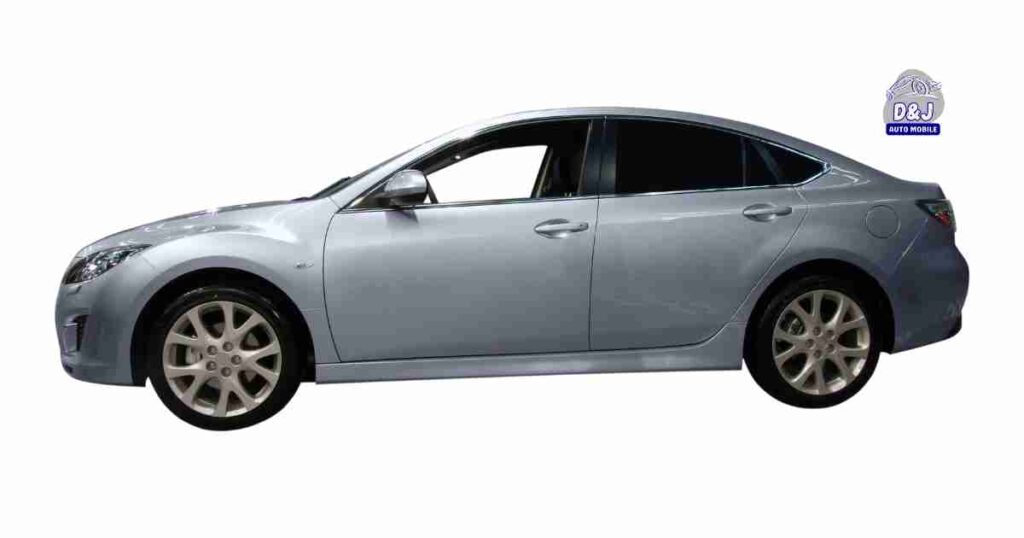
The Repossession Process
If your car is repossessed, the lender will typically sell it at an auction to recoup their losses.
Any remaining balance on your loan that is not covered by the sale of the car may still be your responsibility.
Additionally, repossession can have a major impact on your credit score and make it difficult for you to obtain loans in the future.
Preventing Repossession
If you are struggling to make full payments on your car loan, there are steps you can take to prevent repossession.
One option is to communicate with your lender and try to negotiate new terms for your loan.
This could include a payment plan or even a temporary deferment of payments.
Consider selling the car yourself and using the funds to pay off the remaining balance on your loan.
This can prevent repossession and may also help you avoid additional fees or charges.
Can My Car Be Repossessed If I Make Partial Payments?
While making partial payments on your car loan may provide temporary relief, it does not fully protect you from the risk of repossession.
It’s important to carefully review your loan agreement and communicate with your lender if you need help to make full payments.
By understanding the laws and potential consequences of partial payments, you can make informed decisions about your car ownership and financial situation.
Remember, it’s always best to address any financial struggles head-on rather than wait until the situation becomes dire.
So, if you are considering making partial payments on your car loan, do so with caution and make sure to understand the potential outcomes fully.
Overall, repossession is a serious matter that can have long-term repercussions for your credit and finances.
It’s important to educate yourself on the laws and consequences surrounding repossession to protect yourself and your assets.
If you find yourself in a difficult financial situation, don’t hesitate to seek help from a financial advisor or credit counselor.
By taking proactive steps and staying informed, you can avoid repossession and maintain control over your car payments.
Steps For How Can My Car Be Repossessed If I Make Partial Payments:
- Research the repossession laws in your state to understand your rights and the potential consequences of partial payments on your car loan.
- Communicate with your lender if you need help to make full payments and see if they are willing to negotiate new terms for your loan.
- Consider selling your car yourself and using the funds to pay off the remaining balance on your loan to prevent repossession.
- Seek help from a financial advisor or credit counselor if you are facing financial difficulties and need assistance with managing your car payments.
- Be proactive and address any financial struggles as soon as possible to avoid the risk of repossession.
Conclusion
How Can My Car Be Repossessed If I Make Partial Payments? In conclusion, Partial payments may provide temporary relief on your car loan, but they do not fully protect you from the risk of repossession. It’s important to understand the potential consequences and communicate with your lender if you are struggling to make full payments. Additionally, seeking help from a financial advisor or credit counselor can provide valuable guidance in managing your car payments and avoiding repossession. Remember, staying informed and proactive is key to protecting yourself and your assets. So, if you are facing financial difficulties and are considering making partial payments on your car loan, make sure to fully understand the potential outcomes and take the necessary steps to prevent repossession. Overall, by being responsible and informed about your finances, you can maintain control over your car ownership and avoid the negative impacts of repossession.
FAQs
What happens if I make partial payments on my car loan?
Partial payments may provide temporary relief, but they do not fully protect you from the risk of repossession at any time after defaulting on your loan.
Can my car be repossessed even if I am making consistent partial payments?
Yes, as mentioned earlier, the lender has the legal right to repossess your car if you are unable to make full payments on time, regardless of any consistent partial payments made.
Are there alternatives to repossession?
Yes, instead of repossession, you can negotiate new terms for your loan with your lender or consider selling the car yourself and using the funds to pay off the remaining balance on your loan. Seeking assistance from a financial advisor or credit counselor may also be helpful in managing your car payments and avoiding repossession.
Is it best to address financial struggles head-on?
Yes, addressing financial struggles as soon as possible is always the best option. Waiting until the situation becomes dire can lead to serious consequences, such as repossession of assets and damage to credit scores. Seeking help and finding solutions early on can prevent these negative outcomes.
Can repossession have long-term consequences?
Yes, repossession can have a major impact on your credit score and make it difficult for you to obtain loans in the future. It’s important to understand the laws and potential repercussions of repossession to protect yourself and your assets. So, it’s always best to take proactive steps and seek help when facing financial difficulties.

